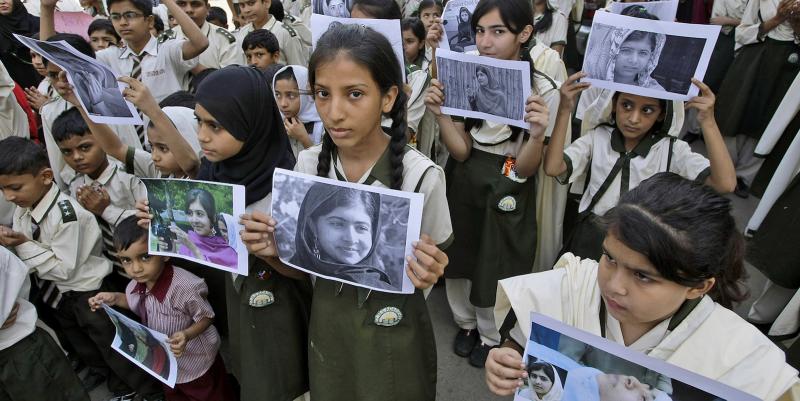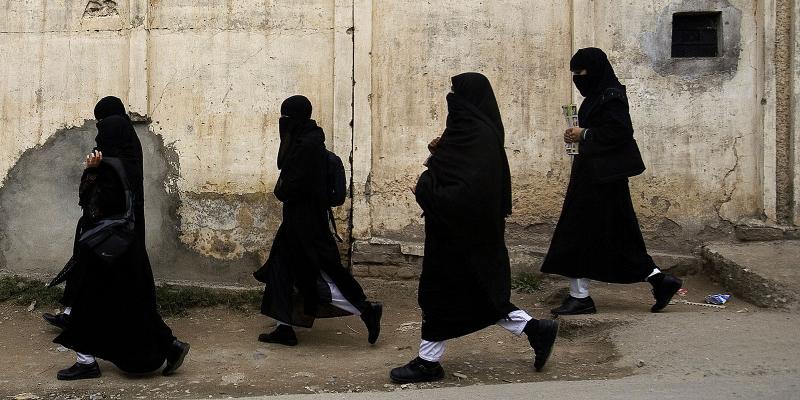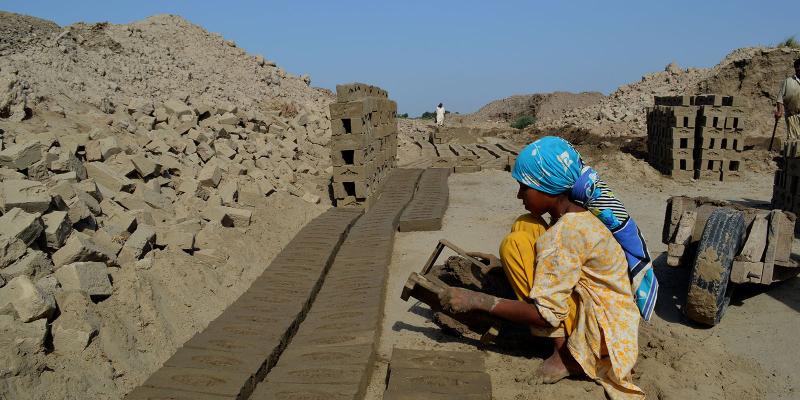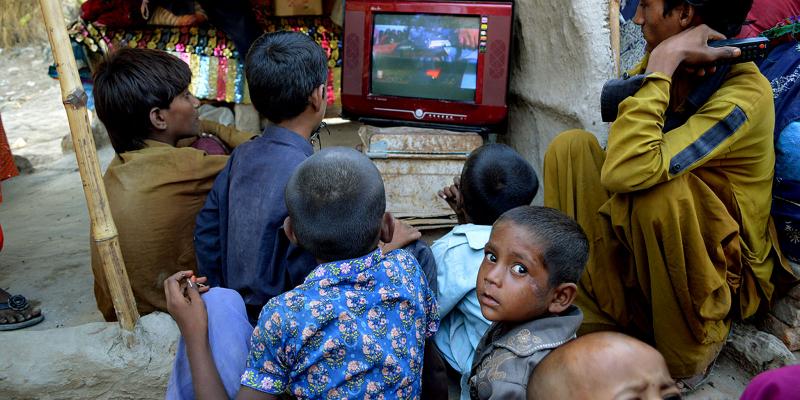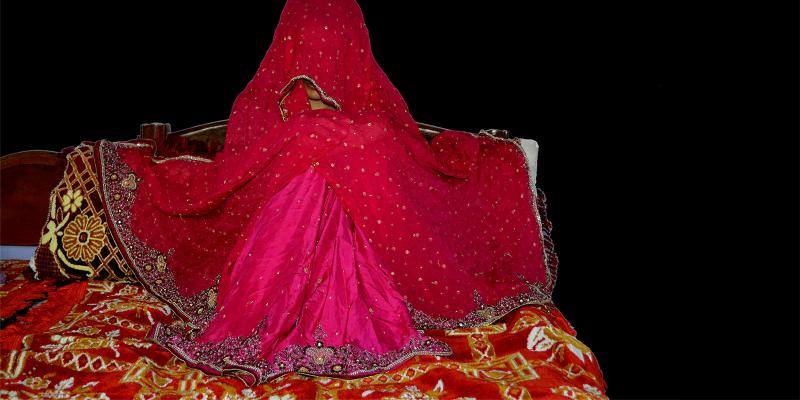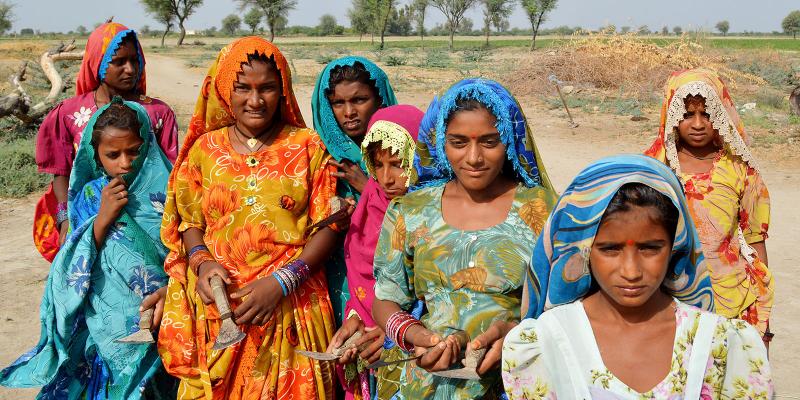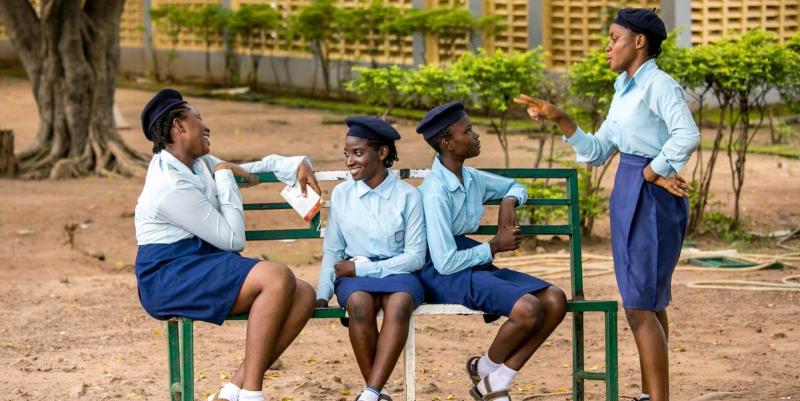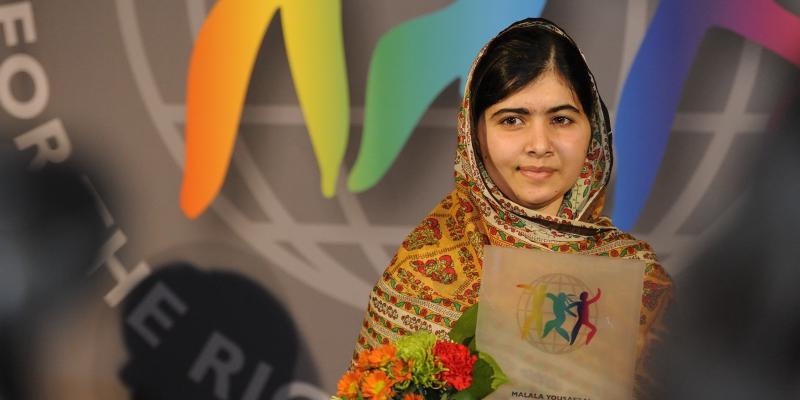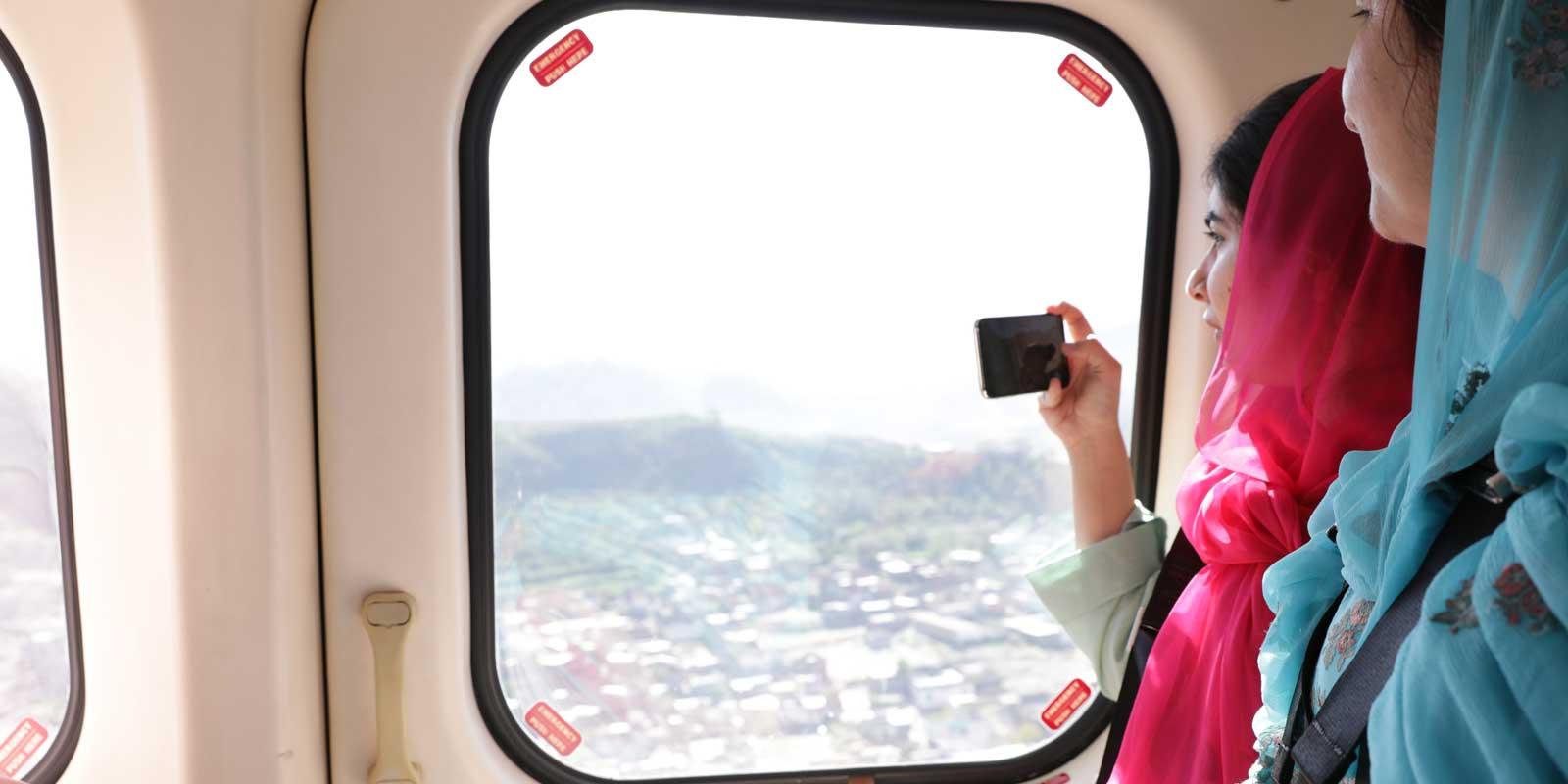
It is March 2018 when Malala looks out through the helicopter window and takes a photograph with her mobile phone. Soon the helicopter will be landing in the Swat Valley, in the same place that the helicopter took off from with the unconscious Malala six years earlier.
Ever since she regained consciousness, Malala has dreamed of being able to return to her homeland. Today she lives in the UK and is studying at Oxford University. But she still carries on fighting for
girls’ rights whenever
she can. During her visit to Pakistan, Malala has meetings with Pakistan’s prime minister, who gives his support to Malala’s education project.
In her speech to him, Malala says:
“Pakistan’s future generations are the greatest asset we have. We must invest in children’s education... so that women can be empowered, work, stand on their own two feet and support themselves.”
Visits many countries
“Every day I fight for girls’ right to 12 years of free and safe, high-quality education. I travel to meet girls who are fighting poverty, war, child marriage, and gender discrimination to be able to go to school. We work at Malala Fund to make sure their stories, just like mine, are heard all around the world,” says Malala.“With more than 130 million girls not going to school, there’s a lot to do. I hope that more will join my fight for education and gender equality. Together we can create a world where all girls can get an education and lead. Secondary school education for girls can transform communities, countries and our world. It’s an investment in economic growth, lasting peace and the planet’s future.
“I never meet a prime minister or a global figure because I want to hang out with them or have a selfie. I always talk about how they are treating people in their country, or how they are not investing in girls’ education or how they are treating refugees. I always think about representing the girls who do not have a voice,” says Malala.
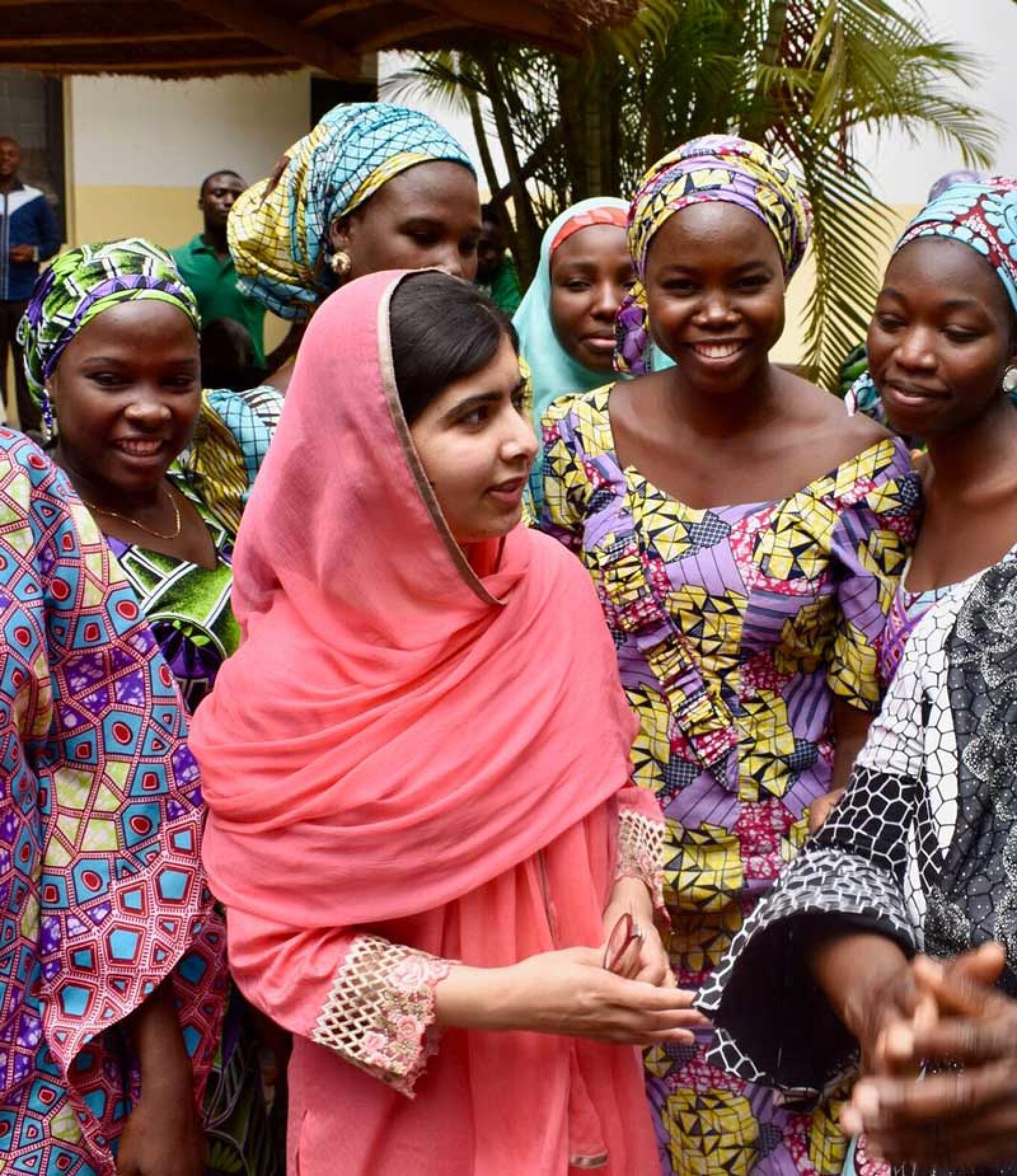
Malala with girls from Chibok in Nigeria who were abducted from their school by the terrorist group Boko Haram. 112 of the 276 girls who were abducted are still missing.
Malala supports girls
Malala has her own organization, Malala Fund, which is working for a world where every girl can learn and lead. Malala’s goal is to help more than a million girls. The organization is currently working in six countries or regions. In places where most girls don’t continue to the end of secondary school, they are investing in supporting local educators who understand the girls’ situation best.Malala Fund is also advocating to hold political leaders accountable – at local, national and global levels – for resources and policy changes needed to give all girls a secondary education. Malala Fund also helps girls to have a voice.
“We believe girls should speak for themselves and tell leaders what they need to learn and achieve their potential. We amplify girls’ voices by bringing them to meet with decision-makers and sharing their stories through Assembly, our digital newsletter.”
On Malala Day 2017, Malala visited refugee children from Syria in Iraq.
Focus on girl refugees
During her travels, Malala has met many girls who are refugees or living in another country. She has put together some of their stories in a new book.“There are now more than 68 million refugees, the highest number since World War II. Women and girls are the ones who are affected the most. You can see how vulnerable they are in refugee camps, and how they are subjected to sexual assault and child marriage. I’ve seen that these girls, they prioritize education. They’re fighting for it, and they know that it is important for them.
“When you become a refugee, you feel like a stranger to the new land, an outsider. But as soon as you feel like you belong, you are an insider, and you deserve the same rights as anyone else in that country. This becomes your home. And you can have many homes.”
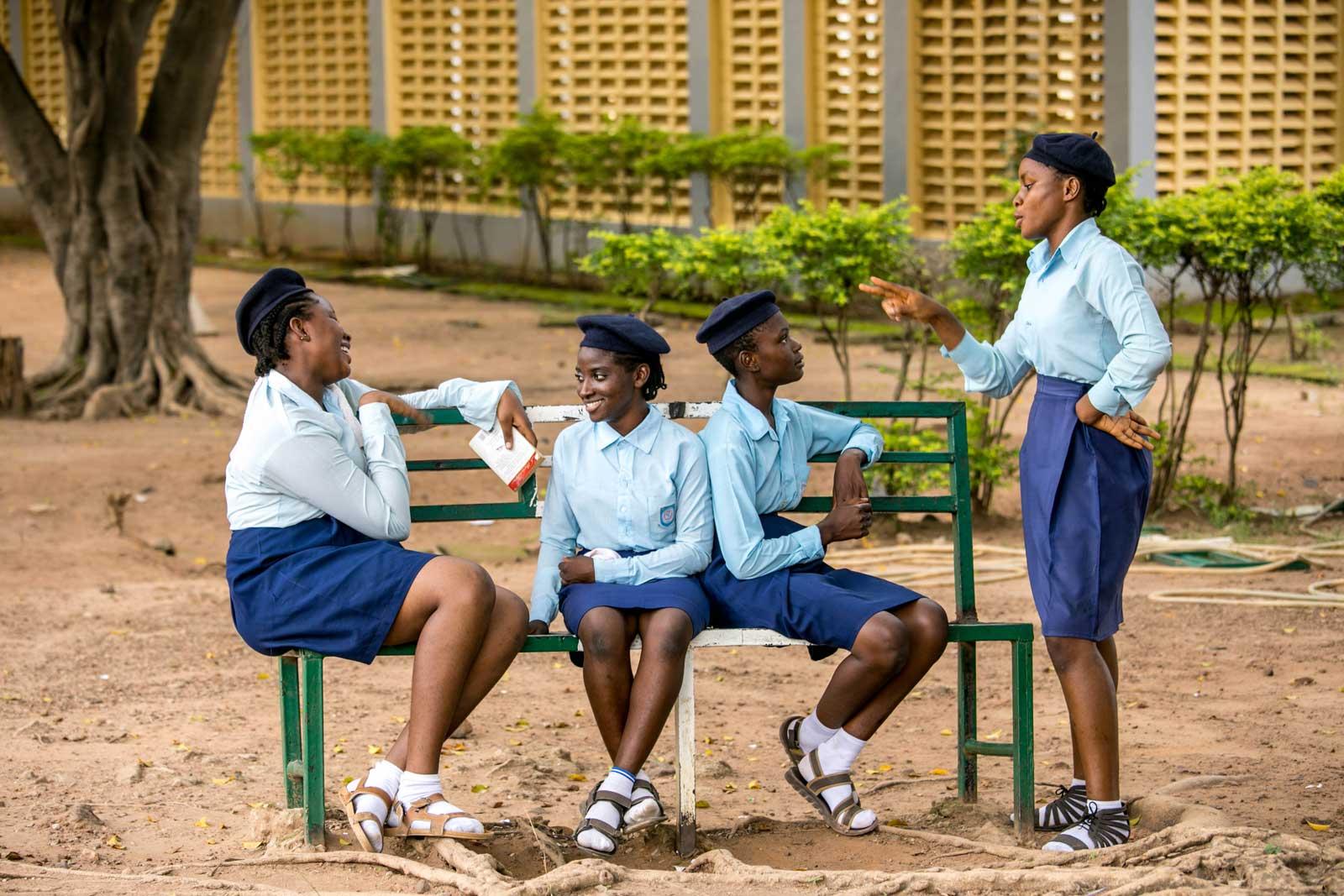
“I think it’s important for girls to boost their self-confidence first, and then we can work together to tackle the challenges from outside,” says Malala. She has met Nigeria’s prime minister and explained that policies and money are needed to fund 12 years of free and safe, high-quality education for every girl.
Girl Power Trip
“On my Girl Power Trip in 2017, I decided to spend my birthday and Malala Day in Northern Iraq. I met 13-year-old Nayir there, who has been a refugee since ISIS occupied her home city of Mosul and abducted her father. She hadn’t been able to go to school for three years, but now her classroom was in a little tent at the refugee camp. ’Nothing will keep me from finishing my studies,’ she told me.“We should not ask children forced to flee their homes to also give up their education and their dreams. We cannot allow girls like Nayir to fight alone. Sometimes we think about refugees as victims, that they must have sad stories. And they are sad indeed, but they also show us how much courage they have and how brave they are. They have dreams for their futures,” says Malala.
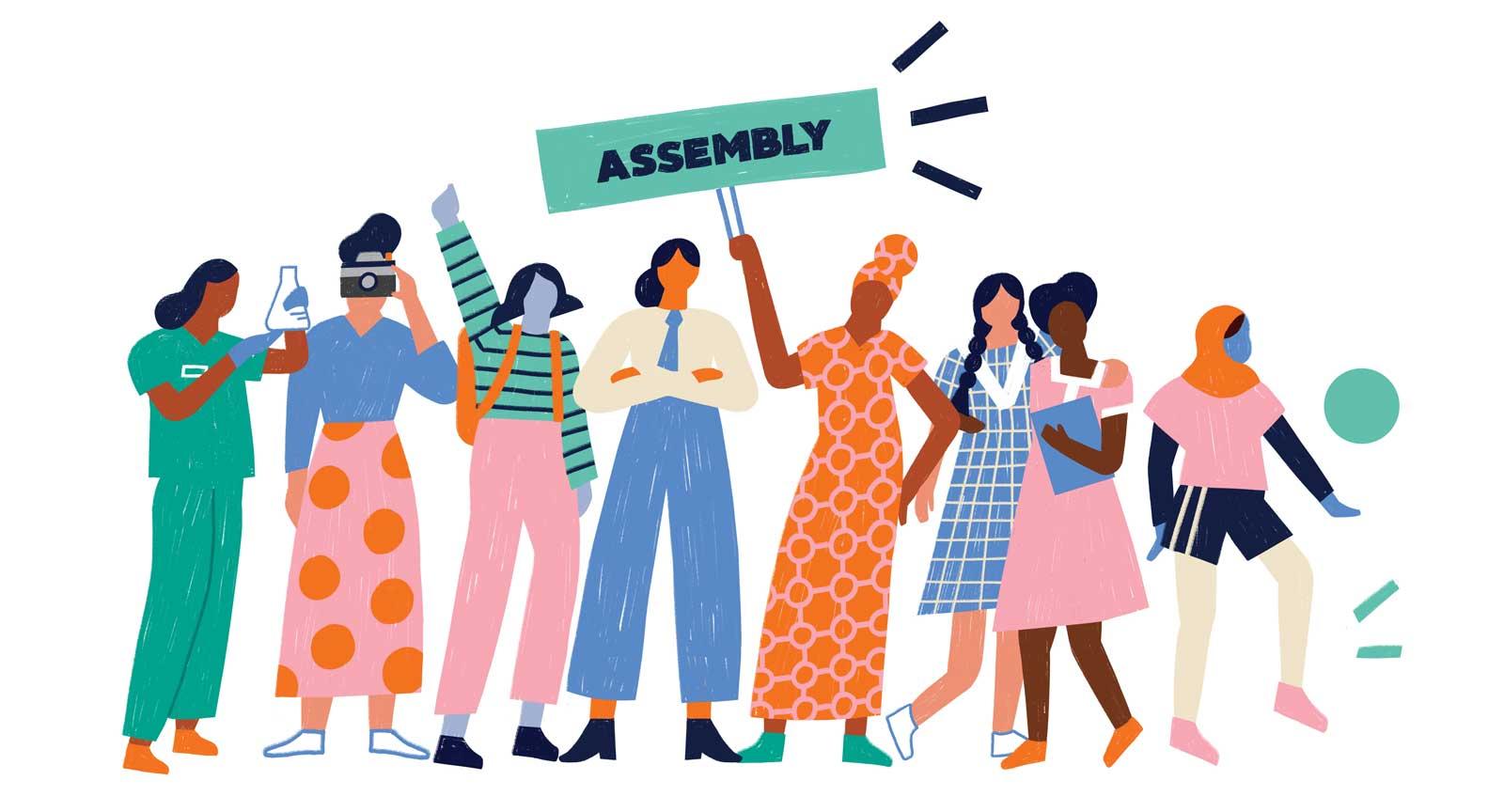
Malala’s digital newsletter Assembly publishes original work by girls, for girls from all over the world. Your voice can be heard too. Subscribe at malala.org!
Malala supports girls in six countries
• In Brazil, the Fund is improving educational opportunities for indigenous and Afro-Brazilian girls through advocacy and training for teachers and youth leaders.• In Nigeria, the Fund is helping girls living under the threat of the terror group Boko Haram to go to school, and campaigning for new policies that support 12 years of free, safe, high-quality education for every girl.
• In India, the Fund is expanding access to free secondary school education through advocacy, mentorship programs, and re-enrolment campaigns.
• In Afghanistan, the Fund is recruiting female teachers and working on eliminating gender discrimination.
• In Pakistan, the Fund is fighting for education funding, building schools for girls and training and empowering young women to speak out for their rights.
• In the Syria Region, the Fund is using technology to help refugee girls access classrooms, campaigning to ease enrolment requirements and fighting to reduce child marriage.
“With more than 130 million girls not going to school, there’s a lot to do. I hope that more will join my fight for education and gender equality. Together we can create a world where all girls can get an education and lead.
Girls’ education makes for a better world
Malala and Malala Fund believe that it is so important for all girls to have 12 years of education because:• Secondary education for girls can transform communities, countries and our world. It is an investment in economic growth, lasting peace and the future of our planet.
• Girls’ education strengthens economies and creates jobs.
• Educated girls are healthier citizens who raise healthier families.
• Educated girls are less likely to marry young or to contract HIV, and more likely to have healthy, educated children.
• Each additional year of school a girl completes cuts both infant mortality and child marriage rates.
• Communities are more stable and can recover faster after conflict when girls are educated.
• Education is vital for security around the world because extremism grows alongside inequality.
• Investing in girls is good for our planet. Secondary schooling for girls is said to be the most cost-effective and best investment against climate change.
Related stories
Långgatan 13, 647 30, Mariefred, Sweden
Phone: +46-159-129 00 • info@worldschildrensprize.org
© 2020 World’s Children’s Prize Foundation. All rights reserved. WORLD'S CHILDREN'S PRIZE®, the Foundation's logo, WORLD'S CHILDREN'S PRIZE FOR THE RIGHTS OF THE CHILD®, WORLD'S CHILDREN'S PARLIAMENT®, WORLD'S CHILDREN'S OMBUDSMAN®, WORLD'S CHILDREN'S PRESS CONFERENCE® and YOU ME EQUAL RIGHTS are service marks of the Foundation.



